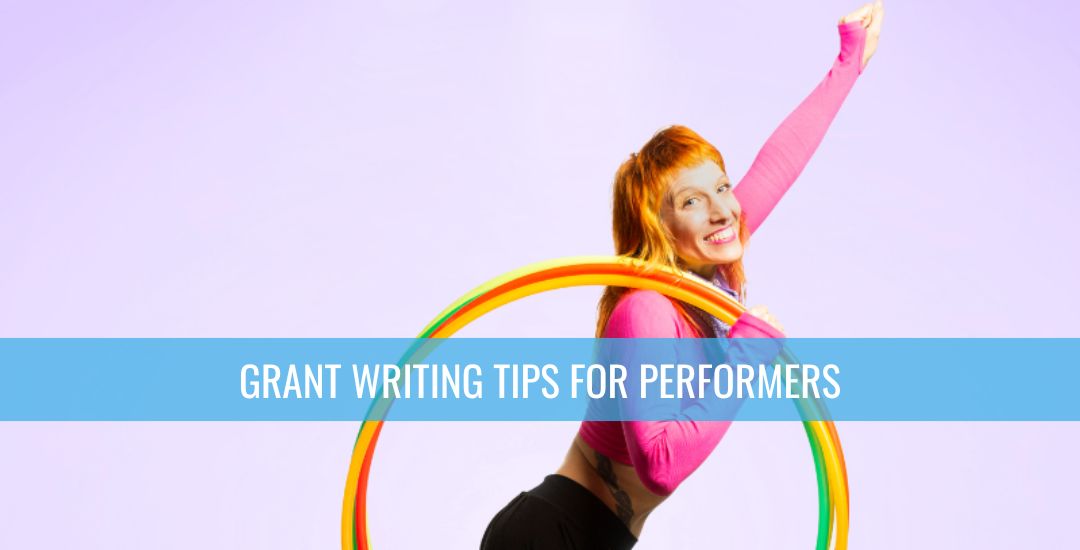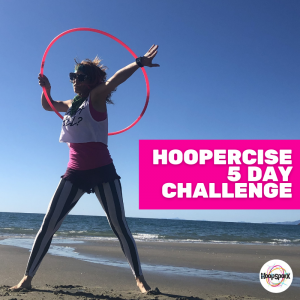In the world of performing arts, securing funding can often feel daunting. Financial support is crucial for turning your creative visions into reality. This is where grant writing comes into play.
Grant writing is more than just filling out forms and submitting applications. It’s a way to communicate your passion, vision, and the impact of your work to potential funders. In it’s essence, grant writing is about telling a story, your story, to inspire people to become part of your community, part of the community that will help make your project happen. Remember – as humans, we have been connecting through sharing stories for aeons. You’ve got this!
Crafting a compelling grant proposal can open doors to opportunities that might remain otherwise out of reach. Tapping into funding provides the financial backing needed to develop, produce, promote, and expand your artistic projects.
Here are some grant writing tips to help you as you start applying for funding.
Types of grants
Before diving into the grant writing, let’s look at the types of grants available.
- Philanthropic Trusts & Foundations – offered by charitable organisations established to support various causes.
- Corporate – offered as part of social responsibility programs.
- Local Government – often provide grants to support arts and culture within their communities.
- State Government – these grants may focus on regional development, cultural tourism, or state-wide art initiatives.
- Federal Government – tend to support significant projects that have a national impact, promote cultural exchange, or enhance the country’s cultural identity.
GRANT WRITING TIP #1
Ensure that your project aligns with the grant’s purpose and objectives. Funders are more likely to support projects that resonate with their goals and values.
It’s important that you spend the time researching grants and find the right grant opportunities to suit you and your project. This will save time in the long run as it means you will be better positioned to select which grants to put your time and energy into. Each grant has specific criteria, objectives, and funding priorities. By aligning your project with the right grant, you can more effectively demonstrate how your work meets the funder’s goals. It’s a good idea to look into past recipients to get an idea and feel for the types of projects that have been funded.
GRANT WRITING TIP #2
Review the guidelines, eligibility and assessment criteria! Each grant has unique requirements and expectations. Meeting these precisely can set your application apart.
Applying for grants
Get familiar with the assessment criteria
When it comes to applying for grants, always read the guidelines and assessment criteria, then read them again and take notes along the way. The more you can understand about what they are looking for, the more you will be able to respond to the questions on a deeper level.
Funders often provide a checklist to ensure you download and/or submit all the required documents, but it doesn’t hurt for you to make your own list too. Put all the required supporting documents in a separate folder, and try to be as organised and structured as possible before you even start writing the grant proposal.
It’s a good idea to call the funder and have a chat. Take the time to think of some questions to ask before you call, and use this as an opportunity to start building a relationship with them.
Answer the actual questions
One common mistake in grant writing is failing to answer the actual questions on the grant application. Make sure you provide and clear concise responses to each question in the application and stay focused on the specifics of what they are asking about. Do your best to embed the words and language used in the grant guidelines and assessment criteria throughout your application, whilst avoiding sounding tokenistic. You want to demonstrate an understanding of the funder’s priorities and one way to do that is to speak their language. These are all things that help make your application stand out from the rest.
Another issue that often occurs is that a question is misinterpreted. Before you do anything, make sure you understand what is being asked of you. If anything is unclear, don’t be afraid to reach out to the funder for clarification. Calling them to discuss your project or requesting insight into the application process can be extremely beneficial.
GRANT WRITING TIP #3
Use the language and terminology found in the grant guidelines and assessment criteria throughout your application. This demonstrates an understanding of the funder’s objectives and purpose.
Get the budget right
A well-prepared budget is critical to your application. Ensure that your budget is realistic, detailed, and balanced. Remember, if you get the grant, you need to make it work so preparing a realistic, well-researched budget isn’t just to tick the box on the funding application, it’s so you are clear on what it will take to bring your project to fruition.
Make sure that you source proper quotes and figures, guesstimates are not a good idea. Funders need to trust that you will manage their money responsibly and, a well put together budget helps demonstrate that.
Put yourself in the funders shoes and ask yourself:
- Can I trust this person will spend the money as promised?
- Can I trust this person to execute the project successfully?
- Does this project meet our guidelines and assessment criteria?
Making sure that your application addresses these concerns will help build trust and credibility.
GRANT WRITING TIP #4
The first written document is ALWAYS a draft! Proofread your document multiple times to eliminate errors and refine your language. Consider asking a mentor or colleague to review your application and provide you with feedback.
Creating a compelling grant application that clearly communicates your project’s value and aligns with the funder’s goals takes time and work. Hopefully these grant writing tips have helped given you a bit more clarity on how to approach it.
If you would like to chat more about grant writing more or are interested in attending a grant writing workshop, drop me a line.






